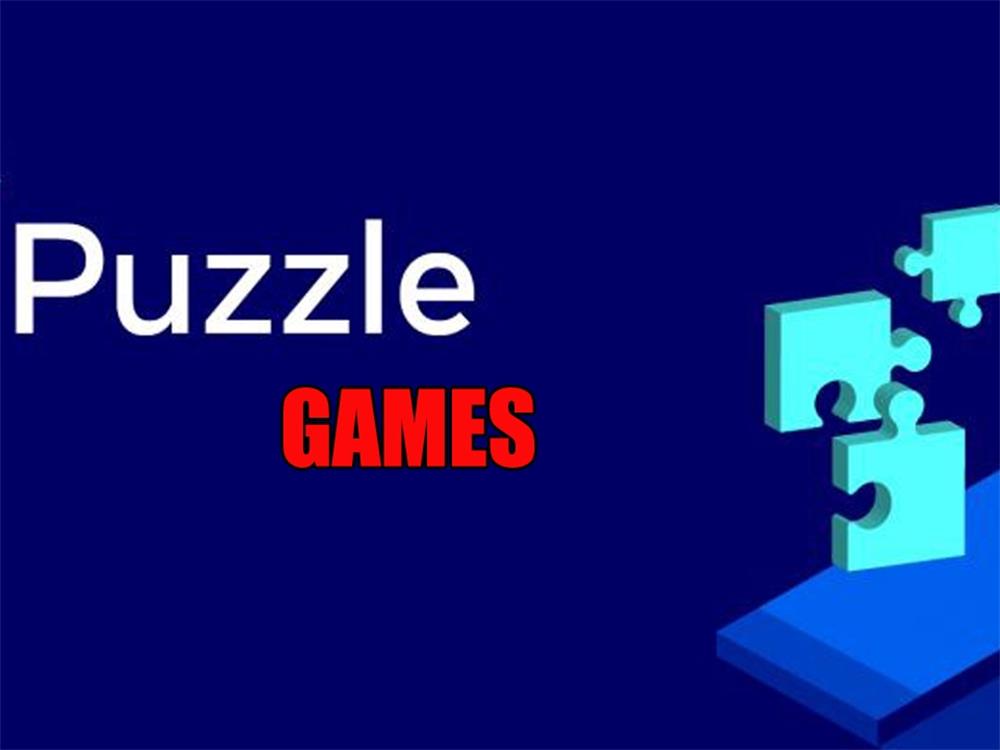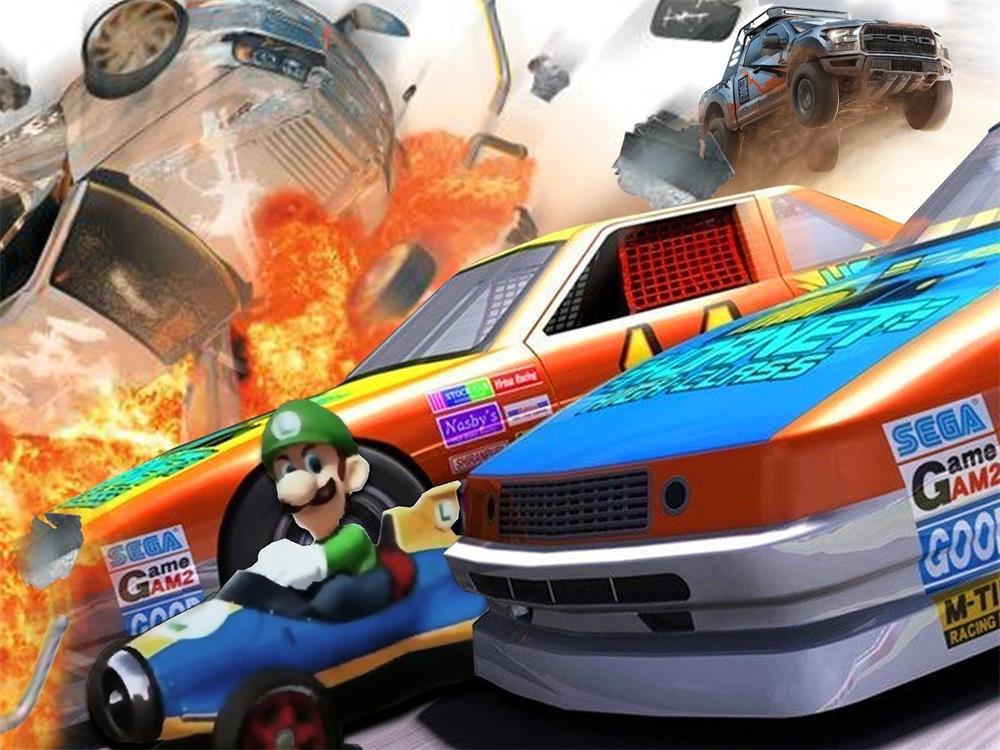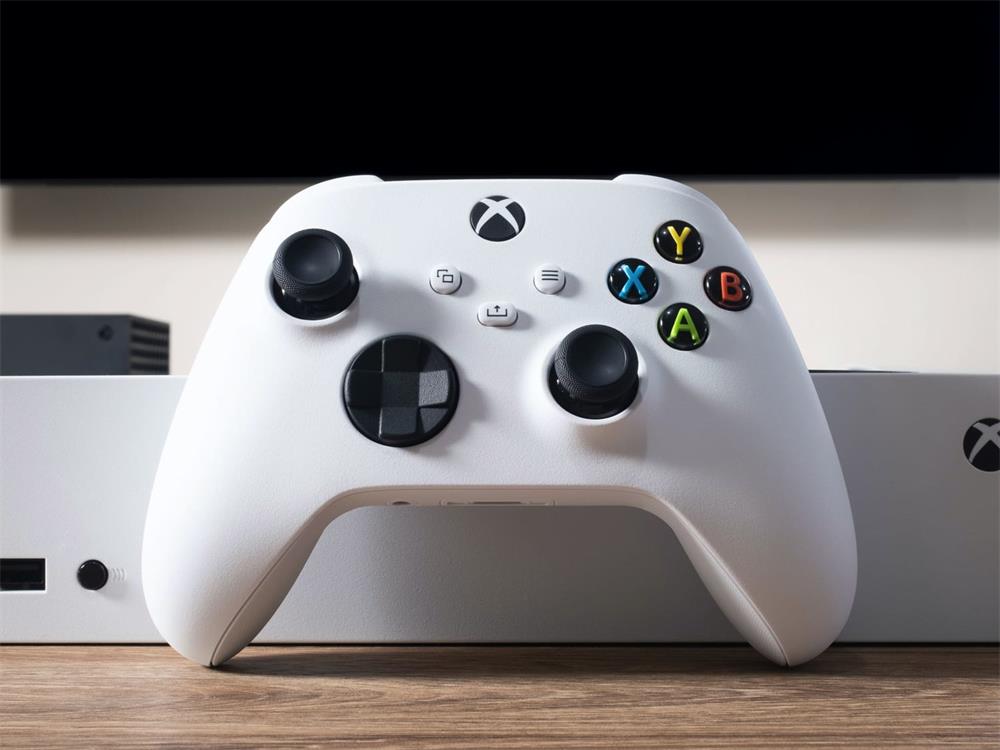Puzzle games are a great way to keep your mind sharp and have fun at the same time. They can help you improve your memory, concentration, logic, creativity, and emotional intelligence. But with so many puzzle games out there, how do you choose the best ones for your brain? Here are some of the best puzzle games for mental exercise, based on expert opinions and user reviews.
Scrabble
Scrabble is a classic word game that challenges you to form words from letter tiles on a board. You score points based on the length and difficulty of the words you make, and you can also use bonus squares to boost your score. Scrabble is a great game for enriching your vocabulary and training your mind to focus on a single task.
Pros:
- It can improve your verbal skills, spelling, and anagramming.
- It can stimulate both sides of your brain, as you need to use logic and creativity to form words.
- It can be played solo or with others, online or offline.
Cons:
- It can be frustrating if you get stuck with bad tiles or face a skilled opponent.
- It can be time-consuming, as each game can last up to an hour or more.
- It can be biased towards certain languages, as some letters are more common or valuable than others.
Sagrada
Sagrada is a dice-drafting game that involves creating stained glass windows with colorful dice. You have to follow certain patterns and rules to place the dice on your window board, while also trying to score points based on various objectives. Sagrada is a beautiful and elegant game that tests your strategic thinking and spatial reasoning.
Pros:
- It can enhance your visual perception, planning, and problem-solving skills.
- It can appeal to different play styles, as you can choose from different difficulty levels and modes.
- It can be played solo or with up to four players, with each game lasting about 30 minutes.
Cons:
- It can be challenging to keep track of all the rules and restrictions when placing the dice.
- It can be influenced by luck, as the dice rolls and objectives are random.
- It can be expensive, as the game components are high-quality and intricate.
Rummikub
Rummikub is a tile-based game that combines elements of rummy and mahjong. You have to create sets of tiles that are either runs (consecutive numbers of the same color) or groups (the same number of different colors). You can also manipulate existing sets on the table by adding or rearranging tiles. Rummikub is a fast-paced and exciting game that requires quick thinking and flexibility.
Pros:
- It can boost your numerical skills, pattern recognition, and mental arithmetic.
- It can stimulate both sides of your brain, as you need to use logic and intuition to form sets.
- It can be played with two to four players, with each game lasting about 45 minutes.
Cons:
- It can be confusing if you are not familiar with the rules or the scoring system.
- It can be competitive, as you have to race against other players to use up your tiles.
- It can be dependent on luck, as the tiles you draw may not match the ones on the table.
Sudoku
Sudoku is a game based on logic and reasoning that involves filling a 9×9 grid with numbers from 1 to 9, such that each row, column, and 3×3 subgrid contains each number exactly once. Sudoku is a simple yet addictive game that improves your memory and concentration.
Pros:
- It can increase your mental agility, speed, and accuracy.
- It can help you develop your analytical and deductive skills.
- It can be played on paper or online, with different difficulty levels and variations.
Cons:
- It can be frustrating if you get stuck or make a mistake.
- It can be repetitive, as the game mechanics are always the same.
- It can be boring, as the game does not have any theme or story.
Rubik’s Cube
Rubik’s Cube is an iconic toy that consists of a 3x3x3 cube with six colored faces, each divided into nine smaller squares. The goal is to twist and turn the cube until each face has only one color. Rubik’s Cube is a challenging and satisfying game that stimulates your spatial awareness and problem-solving skills.
Pros:
- It can enhance your visual memory, hand-eye coordination, and dexterity.
- It can help you learn algorithms, patterns, and strategies.
- It can be fun, as you can try to beat your own or others’ records.
Cons:
- It can be difficult, as there are over 43 quintillion possible configurations of the cube.
- It can be frustrating, as you may undo your progress with a wrong move.
- It can be expensive, as some cubes are made of high-quality materials and mechanisms.
Jigsaw Puzzles
Jigsaw puzzles are games that require you to assemble pieces of an image into a complete picture. You can choose from various themes, sizes, shapes, and levels of difficulty. Jigsaw puzzles are relaxing and rewarding games that boost your visual perception and problem-solving skills.
Pros:
- They can improve your attention to detail, pattern recognition, and memory.
- They can help you reduce stress, enhance mood, and increase self-esteem.
- They can be played solo or with others, at home or on the go.
Cons:
- They can be time-consuming, as some puzzles may take hours or days to complete.
- They can be messy, as some pieces may get lost or damaged.
- They can be limited, as some puzzles may not match your preferences or expectations.
Conclusion
Puzzle games are not only fun and entertaining, but also beneficial for your brain health and performance. They can help you exercise different cognitive functions, such as memory, concentration, logic, creativity, and emotional intelligence. They can also provide you with a sense of achievement, satisfaction, and enjoyment. Whether you prefer word games, number games, spatial games, or social games, there is a puzzle game for everyone. So, what are you waiting for? Grab your favorite puzzle game and give your brain a workout today!










